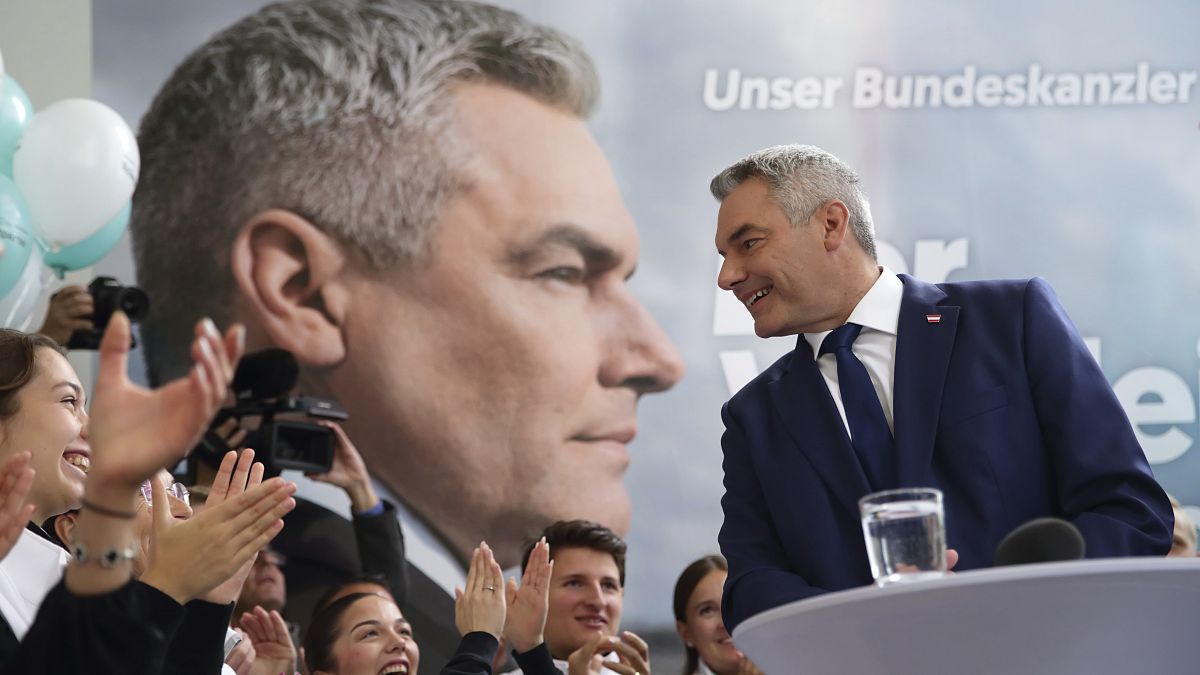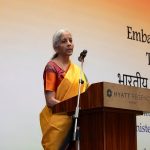The far-right Freedom Party of Austria is leading in the polls ahead of the upcoming parliamentary elections, with party leader Herbert Kickl demanding a large scale “remigration” of illegal immigrants. Kickl has been promoting an “Austria first” strategy in his politics and has set his sights on the Chancellor’s seat. However, finding coalition partners could prove to be challenging for the party if they fail to secure an outright majority.
Despite the Freedom Party’s lead, the liberal conservative Austrian People’s Party, led by incumbent Chancellor Karl Nehammer, is polling second at around 24%. Nehammer has warned voters about the risks of a victory by the Freedom Party and has ruled out entering into a coalition with Kickl. The Social Democratic Party, led by Andreas Babler, is expected to take around 20% of the vote, placing them in third position in the polls.
NEOS, the Greens, and the BIER Party round out the top five parties in the polls. NEOS, formed a decade ago, has campaigned on promises to recruit new teachers, reduce tax burdens, and increase political transparency. Party leader Beate Meinl-Resinger has expressed optimism and confidence in the party’s offerings, attracting enthusiastic support from people of all ages.
The Greens, led by Werner Kogler, who also serves as Austria’s Vice Chancellor, are tied closely with NEOS in the polls. Kogler praised the achievements of his party’s team as the junior party in the ruling coalition at their campaign rally, emphasizing the importance of looking towards the future for Austria. The upcoming parliamentary elections could significantly impact Austria’s political landscape, with the far-right Freedom Party potentially securing their first ever election victory, but coalition-building challenges could lie ahead for the party.











